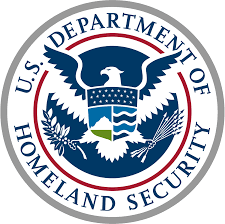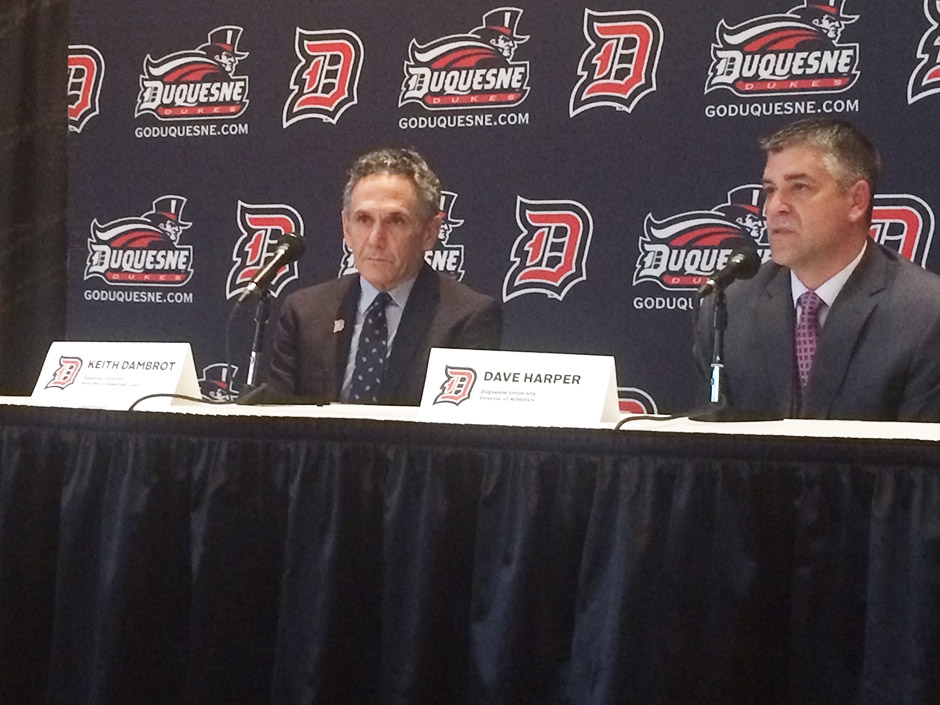

Ollie Gratzinger | Opinions Editor
04/12/2018
When Bloomberg Law yielded a job listing from the Department of Homeland Security (DHS) in search of a contractor for a “media monitoring services” project, journalists around the country held their breath. This news, coming in the weeks following the emergence of the propaganda-laden Sinclair Script, sits uneasily in the stomachs of American media personnel.
For those unfamiliar, the DHS is seeking to create a searchable database that, according to the Huffington Post, “has the ability to track about 290,000 news sources, both foreign and domestic.” The article goes on to describe the database’s intention of “[providing] media comparison tools, design and rebranding tools, communication tools and the ability to identity top media influencers.”
It may seem benign at first glance. There’s nothing innately wrong with monitoring social media, considering the sway it can have on public opinion. Just recently, for example, a post surfaced, showing a young man in a Waffen-SS uniform with a caption claiming that the man was none other than a young George Soros — one of Hillary Clinton’s most notable benefactors. The picture went viral in right-wing circles, despite the fact that the young man depicted was actually Oskar Groening, a Nazi who served at Auschwitz beginning in 1942, when Soros himself was only 12 years old.
The DHS claims that the decision to put this database together stems from little more than a desire for media analysis, and that it’s “commonplace in the world of public relations,” according to the Huffington Post. Tyler Houlton, Homeland Security press secretary, published a tweet condemning criticism as “fit for tin foil hat wearing, black helicopter conspiracy theorists.”
The fear, though, is that the DHS isn’t just monitoring fake news and propaganda as it pops up on Facebook or Twitter. It’s compiling an actual list of journalists, monitoring the social media commentary of “media influencers” around the world and suggesting “24/7 access to a password protected, media influencer database,” according to the report.
With Trump condemning journalists as “enemies of the American people,” and the Sinclair Script calling non-right-leaning news outlets “threats to [American] democracy,” the media-monitoring project feels strangely Orwellian. It comes as the third example in a dangerous trifecta, highlighting what feels like a slow and steady descent into some kind of neo-fascist dystopia. This kind of government tracking is straight out of the mind of Philip K. Dick. Or, more eerily, straight out of the history books.
The free press has been under direct and constant attack since the election of Donald Trump in 2016. Many of his supporters fail to differentiate between truly false information (propaganda, like the Sinclair Script and the right-wing memes floating around the Internet) and the factual, yet so-called “fake news,” which paints their president in a well-earned bad light.
Journalists – both professional and civilian – have already faced death threats and constant criticism under the Trump administration for speaking out against racism, sexism, anti-LGBT sentiment and more. The DHS’ database ushers in the possibility of a heightened danger for reporters worldwide, with their information swirling around in cyberspace waiting for corrupt governments, foreign hackers or rival organizations to get ahold of it.
While this may not be the end of the fourth estate, it could be the beginning of something treacherous and dark. The free press is the platform upon which a democratic society is built, not patriotism, nationalism or military supremacy. With every shot the Trump administration takes against the media, we step further away from the democracy we once held so dear.



